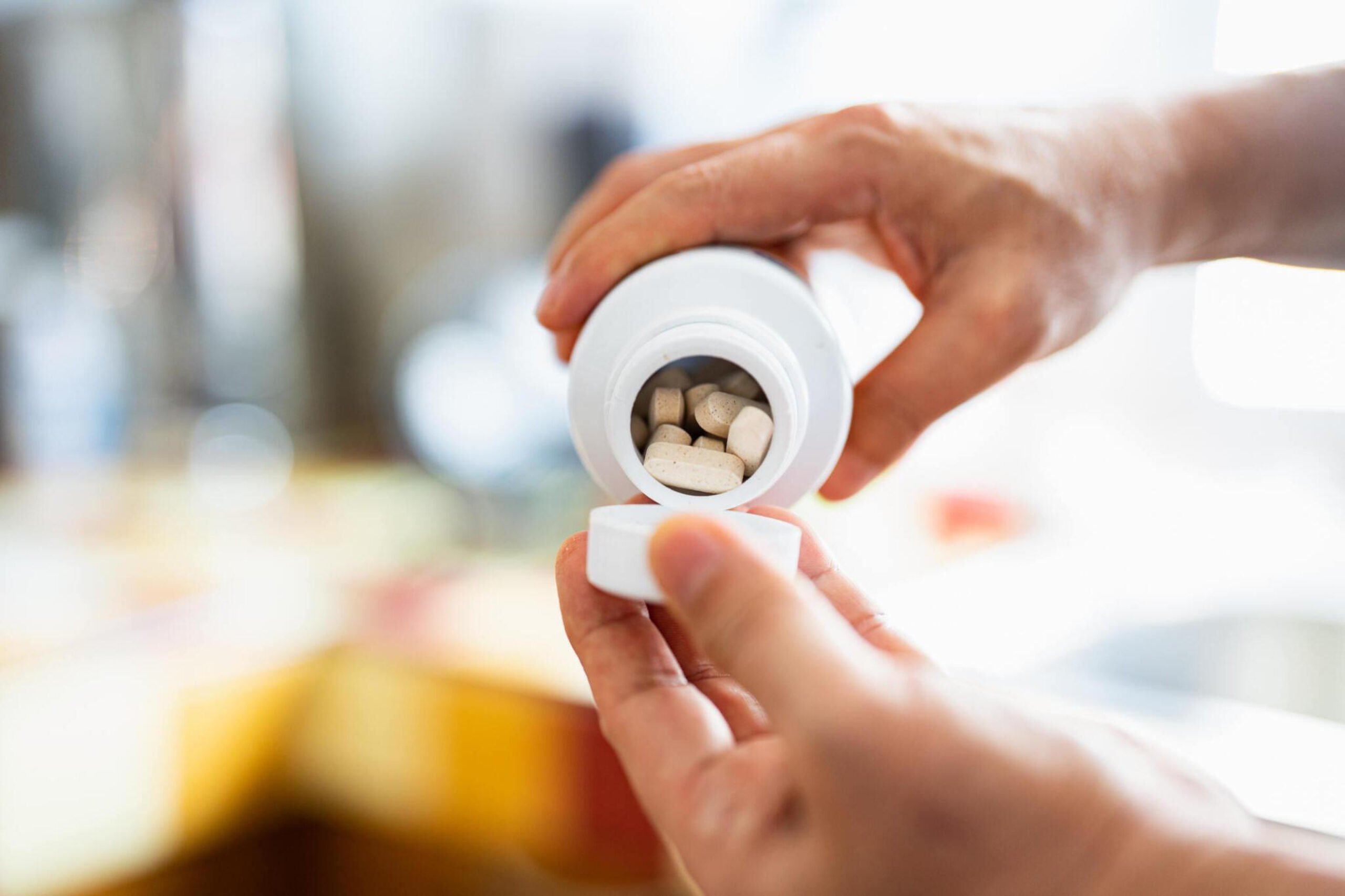When it comes to supplements for supporting muscle growth and vitality, testosterone boosters and creatine remain two of the most popular options amongst male gym-goers. But which category offers superior effects on building strength and size? This article closely compares testosterone boosters against creatine head-to-head based on the latest sports science evidence.
Background on Testosterone Boosters
Testosterone boosters are supplements formulated using key amino acids, minerals, herbs and other natural compounds believed to support healthy testosterone production in men. By providing raw materials needed for testosterone synthesis, these products aim to counteract the gradual testosterone decline most men experience after age 30.
Popular ingredients often found in testosterone boosters include D-aspartic acid, vitamin D3, zinc, magnesium, fenugreek seed extract and ashwagandha root powder. But just how effective are these formulas for lifting power and progression?
Creatine Mechanisms & Effects
Unlike testosterone boosters, creatine works not by altering hormonal balance directly but rather increasing cellular energy reserves and fluid volume expansion within muscle tissue.
Supplementing just 5 grams daily saturates cells with creatine and phosphorylated creatine (PCr) to enhance power output capacity during intense anaerobic efforts through quicker ATP regeneration. This directly translates to extra repetition capabilities when strength training.
Additionally, creatine pulls fluid into muscle cells analogous to glycogen for a modest ‘swelling’ effect that signals further growth through cell expansion. Check Testoprime testosterone booster supplement here.
Now that mechanisms have been covered, let’s compare hard outcomes from clinical trials testing the efficacy of testosterone supplements against well-researched creatine on variables relevant to male fitness enthusiasts like lean mass gains and strength development.
Building More Muscle and Strength
When it comes to packing on maximal lean mass over a training cycle:
✅ Creatine repeatedly demonstrates clear efficacious muscle-building effects versus placebo in metanalyses. 5-10 pounds of lean mass gains within just 8-12 weeks is common even without training alterations.
❌ Testosterone boosters largely fail to outperform placebo conditions in trials regarding measurable hypertrophy differences. Any mass gains come primarily from training progression rather than supplements.
Regarding progressing athletic strength development via power or one rep max outputs:
✅ Numerous meta-analyses confirm creatine supplementation consistently amplifies strength development from resistance training programs to a significant extent versus control conditions not consuming creatine.
❌ Most clinical evidence indicates testosterone booster supplementation provides no advantage over placebo for improving strength-specific outcomes like peak load lifted. Training status matters far more.
The Bottom Line
In summary, the current scientific literature suggests creatine delivers tangible effects for recreational gym-goers aiming to gain considerable muscle and strength over a supplement.

